Diversifying is a key component to capture growth opportunities and mitigate risk against crashes that may occur. This article is not telling you to sell all your bitcoin; it is an answer to the question: “what other coins should i be looking at?” Take a look at my previous article on Diversification against Bitcoin as a case study for diversification.
You know what’s worse than going through a Bitcoin crash? Watching the markets rise again and kicking yourself in the butt for not buying coins at a very low price. Following yesterday’s SEC/CFTC hearing, the markets have started to recover slowly. I’ve been here in the past, as an investor who’s watched the market crash and just sat there without making the right investment moves; I’m here to tell you that it’s not a good feeling and you don’t have to go through the same regret I did.
Disclaimer: this is fully an opinion piece based on my subjective view on each of the guidelines listed above. This is not a guarantee of future success in any of these projects, I’m not a fortune teller and I don’t have any insider information.
Introducing Portfolio Guidance
Cosmic Trading
Join our community of over 4,000 cryptocurrency traders for trading signals, cryptocurrency analysis, and the latest news…discord.gg
This is why we started the Portfolio Guidance section on Cosmic Trading, which is a cryptocurrency trading community (I wrote about the group previously in my article The Kinda Super Secret World of Cryptocurrency Trading). The Portfolio Guidance section is specifically geared towards coins that we believe will do well in the long term due to a combination of:
Its proven track record of success with things such as on-time milestones and product launches
The motivation, responsiveness, and credentials of its team
The value it brings to the cryptocurrency ecosystem
The value it brings to its investors.
This article highlights the first few coins in the publication. With the recent market recovery, now is the time to decide whether or not you will jump in on the opportunities.
1. NEO (NEO) — Low to Medium Risk
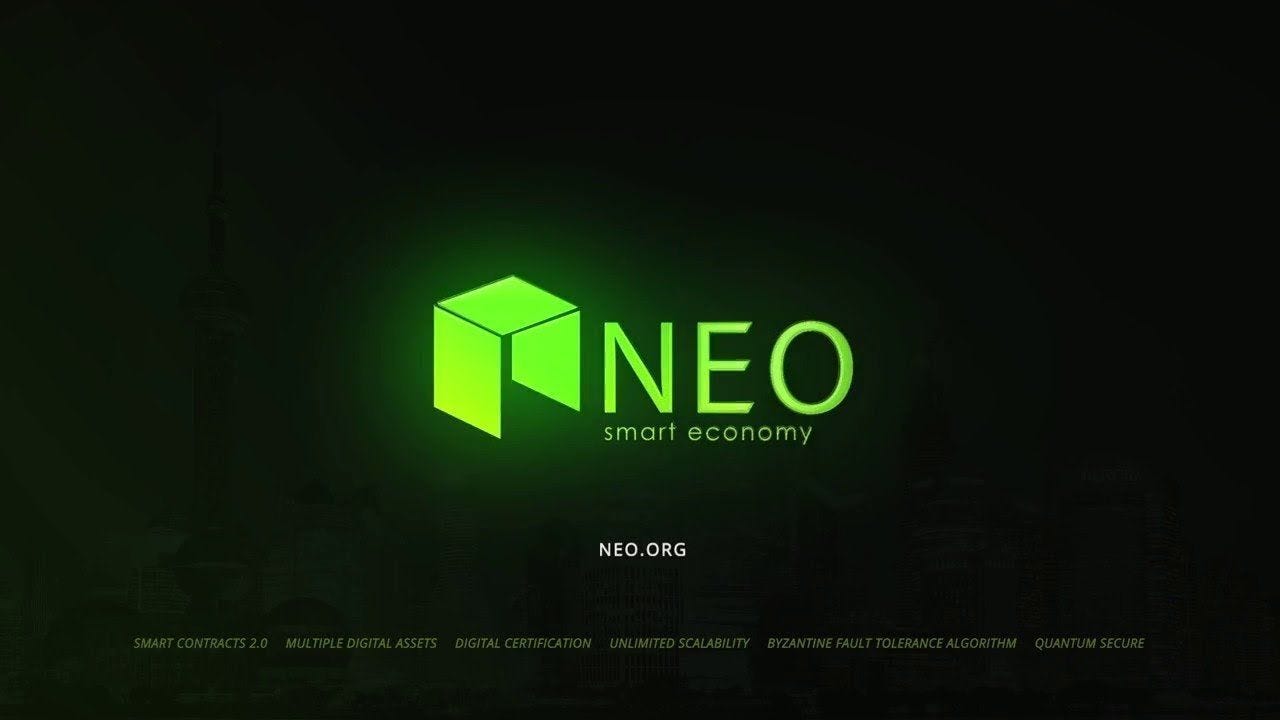
While these recommendations appear in no particular order, NEO is one of the cryptocurrencies I’m most bullish on in 2018. Although I don’t think it will necessarily demonstrate the best growth by the end of the year, I have no doubt that it has huge potential, and that the current price is still a bargain. As a competitor to Ethereum, NEO currently has 40 ICOs in line for 2018. Investor fervor to participate in these ICOs will drive up the price of NEO, as NEO ICOs require NEO to participate, similar to how Ethereum ICOs require Ethereum.
Beyond its use case as a smart contract ecosystem, though, it also generates Gas as a dividend. By holding NEO, your wallet will automatically generate Gas. In order for the NEO to generate Gas, you must hold it in a private wallet unless you hold it in Binance — Binance pays out its users in Gas once every 30 days (clarification by Samuel Ng) and Kucoin pays out its users in Gas once every 24 hours (clarification by Wojciech Krawczyk). For private wallets, I recommend the NEON wallet from City of Zion, which is approved by the official NEO Council. It has compatibility for Windows, Mac, and Linux. Do not underestimate Gas — it is the actual currency that drives the NEO Smart Economy.
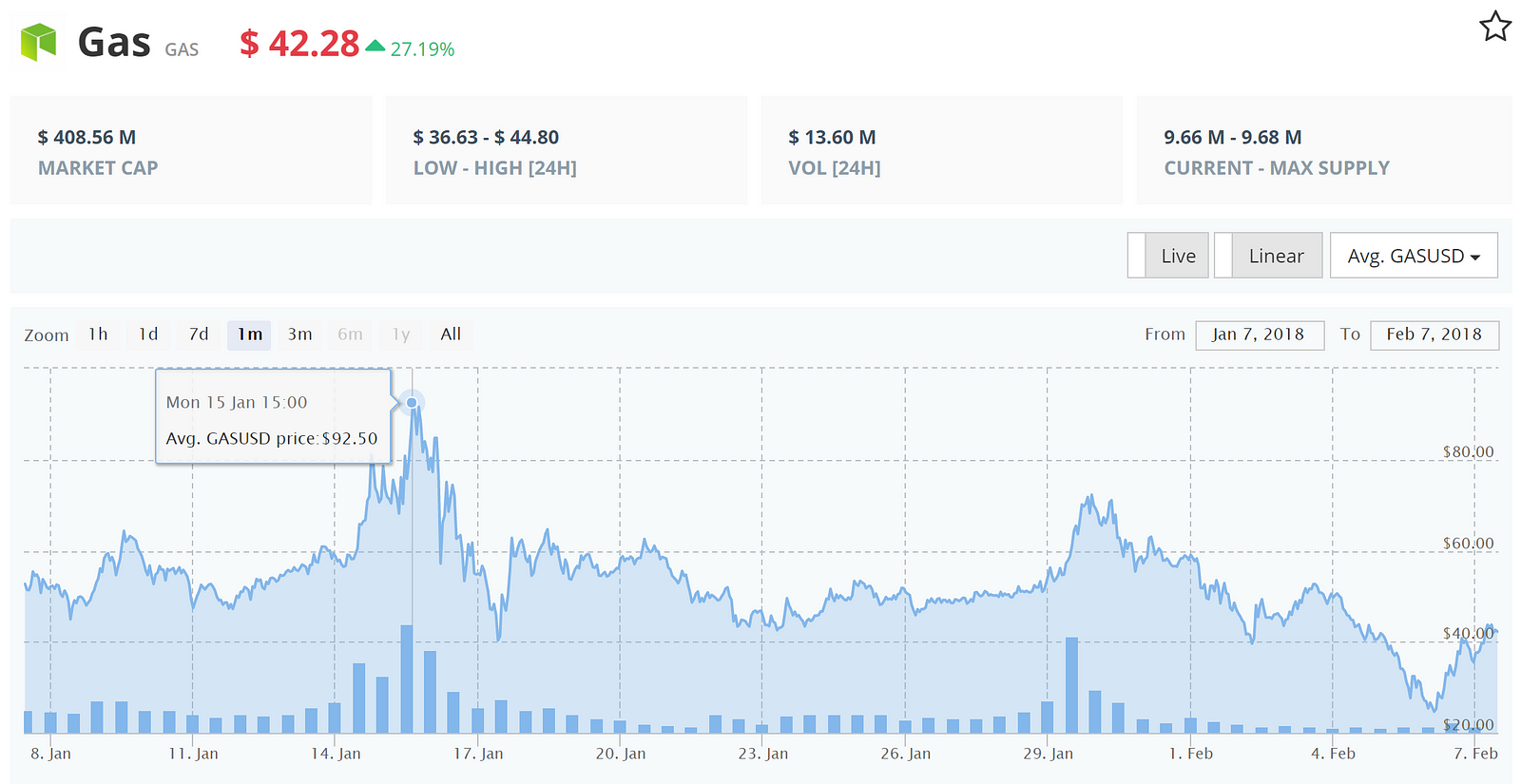
CoinLib shows Gas’s all-time-high at $92.50; current price is around $40.
Apart from its better block confirmation speed (Ethereum has a theoretical 30 TPS, while NEO has a theoretical 10,000 TPS), NEO also approaches ICOs in a different way. With Ethereum, anyone and his or her grandma can create an ICO. While this embraces the spirit of democracy, it also leaves rooms for lots of scammers. NEO creates a barrier to entry for its ICOs, with a requirement of 500 Gas to launch a smart contract. This is one of many filters the NEO Council implements to ensure that only high-quality business ideas saturate its blockchain.
2. Ethereum (ETH) — Low Risk
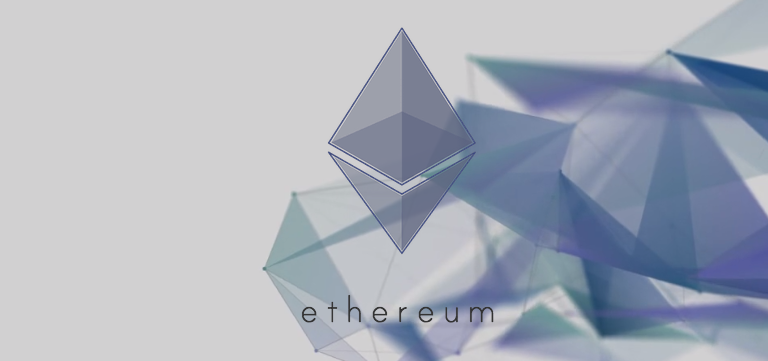
CoinLib shows 2,600 coins listed in the cryptocurrency space — guess what? Most of those coins are Ethereum tokens, meaning they are cryptocurrencies that exist within the Ethereum blockchain because that’s where they were created.
Ethereum is the grand-daddy of altcoins. If you want a long, itemized list of the reasons why Ethereum isn’t done, take a look at my most recent article on The Flippening: Ethereum VS. Bitcoin. It will give you a very good idea why Ethereum is a strong competitor for the throne as the Top Dog cryptocurrency against Bitcoin by the end of 2018.
3. COSS (COSS) — High Risk
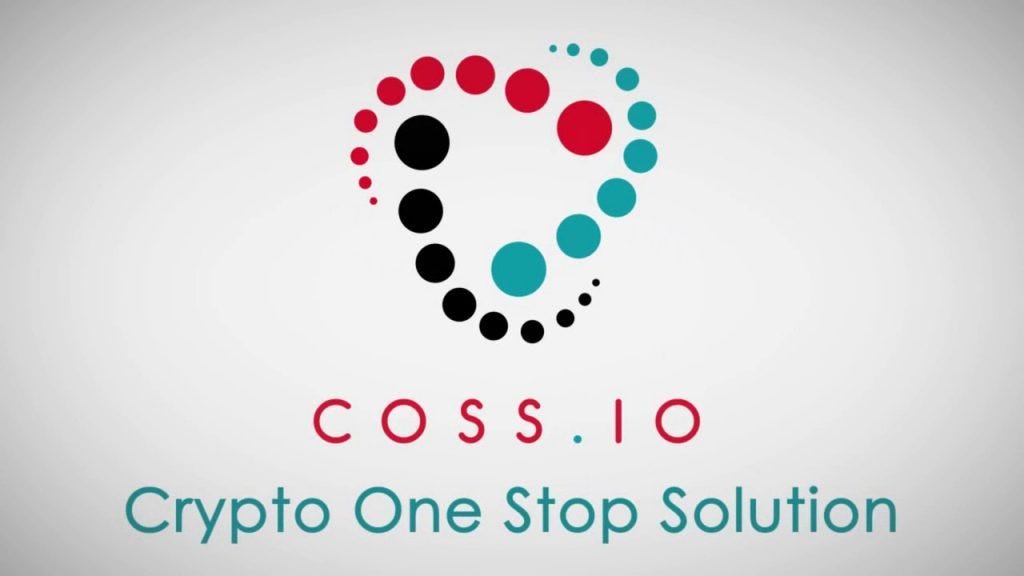
COSS is a startup exchange that is similar to exchanges like Bittrex, GDAX, and Binance. What sets it apart, though, is that it has its own cryptocurrency, too, and you earn a percentage of all of COSS’s transaction fees by holding its cryptocurrency. Think of it kind of like the relationship with NEO and Gas, but instead of generating more currency, it gives you a percentage of what each user pays each time he or she makes a trade on COSS.
The cryptocurrency is built atop (you guessed it!) Ethereum as a Token. This means that you can store it on any wallet that is Ethereum ERC20 compatible. Don’t know what that means? Don’t worry. It means you can store it on any private wallet, including Nano Ledger S, My Ether Wallet, Exodus, and MetaMask.

Apart from its better block confirmation speed (Ethereum has a theoretical 30 TPS, while NEO has a theoretical 10,000 TPS), NEO also approaches ICOs in a different way. With Ethereum, anyone and his or her grandma can create an ICO. While this embraces the spirit of democracy, it also leaves rooms for lots of scammers. NEO creates a barrier to entry for its ICOs, with a requirement of 500 Gas to launch a smart contract. This is one of many filters the NEO Council implements to ensure that only high-quality business ideas saturate its blockchain.
2. Ethereum (ETH) — Low Risk

CoinLib shows 2,600 coins listed in the cryptocurrency space — guess what? Most of those coins are Ethereum tokens, meaning they are cryptocurrencies that exist within the Ethereum blockchain because that’s where they were created.
Ethereum is the grand-daddy of altcoins. If you want a long, itemized list of the reasons why Ethereum isn’t done, take a look at my most recent article on The Flippening: Ethereum VS. Bitcoin. It will give you a very good idea why Ethereum is a strong competitor for the throne as the Top Dog cryptocurrency against Bitcoin by the end of 2018.
3. COSS (COSS) — High Risk

COSS is a startup exchange that is similar to exchanges like Bittrex, GDAX, and Binance. What sets it apart, though, is that it has its own cryptocurrency, too, and you earn a percentage of all of COSS’s transaction fees by holding its cryptocurrency. Think of it kind of like the relationship with NEO and Gas, but instead of generating more currency, it gives you a percentage of what each user pays each time he or she makes a trade on COSS.
The cryptocurrency is built atop (you guessed it!) Ethereum as a Token. This means that you can store it on any wallet that is Ethereum ERC20 compatible. Don’t know what that means? Don’t worry. It means you can store it on any private wallet, including Nano Ledger S, My Ether Wallet, Exodus, and MetaMask.

CoinLib shows the all-time-high of COSS at almost $3. It is currently under $1.
Sure, more experienced cryptocurrency traders that have explored the altcoin world of exchange dividends can argue that COSS isn’t the only one that offers dividends, and it certainly isn’t the only exchange that has its own coin. Binance has its Binance Coin, which offers 50% off trade fees, and Kucoin has its own coin, Kucoin Shares, that offers trade fees, too. I think both Binance Coin and Kucoin Shares have strong potential for growth in 2018, too, but there is one thing that I’m really excited about with COSS that neither Binance nor Kucoin offer:
COSS is introducing FIAT deposits and withdraws to credit cards
Fiat.
COSS has partnered with a major credit card company to start introducing fiat deposits and withdraws for its exchange. This means that it will start allowing traders to buy and sell cryptocurrencies on its exchange and do it directly through cash, instead of doing BTC, ETH, or LTC transfers. That being said, US citizens will still have to wait for their time to be able to use this feature due to financial regulations. But it is big news for anyone in smaller foreign countries that don’t have access to fiat exchanges like Coinbase or Gemini.
4. ICON (ICX) — Medium to High Risk

First I talked about NEO, then I talked about Ethereum, and now I’m talking about ICON? You must be noticing a pattern now. I love smart-contract platforms. I love them because it gives the cryptocurrency much more value beyond a “store of value” or a “transactional item” which leaves much to the mind for speculation. As businesses are built atop these economies, the value of the businesses both from a financial and impact perspective will contribute to the value of the underlying platform. Read this as: it’s no longer about speculation.
ICON offers a smart-contracts platform, too. ICON is a Korean-born competitor in the smart-contracts space. As a smart economy, ICON intends to also host ICOs, also.
At the end of January 2018, it launched its Main Net. This means that now Decentralized Apps (DApps) can start being built and launched on ICON. Usually, this leads to the eventual emergence of ICOs. At the ICON Annual Summit held at the same time as the Main Net launch, it also showcased 5 different decentralized apps that have already started development on the ICON platform, which may lead to ICOs. In April 2018, ICON will launch its official ICO platform. One of the DApps that have gained the most traction is Nucleus Vision.
2018 is an exciting year for cryptocurrency space. Apart from the recent announcements of governments like South Korea, Japan, India, and even the United States embracing cryptocurrency through regulation, the ideas and technologies are maturing. The four recommended cryptocurrencies listed in this article still have lots of room to grow and mature for both themselves and for the future of the cryptocurrency space.
Sure, more experienced cryptocurrency traders that have explored the altcoin world of exchange dividends can argue that COSS isn’t the only one that offers dividends, and it certainly isn’t the only exchange that has its own coin. Binance has its Binance Coin, which offers 50% off trade fees, and Kucoin has its own coin, Kucoin Shares, that offers trade fees, too. I think both Binance Coin and Kucoin Shares have strong potential for growth in 2018, too, but there is one thing that I’m really excited about with COSS that neither Binance nor Kucoin offer:
COSS is introducing FIAT deposits and withdraws to credit cards
Fiat.
COSS has partnered with a major credit card company to start introducing fiat deposits and withdraws for its exchange. This means that it will start allowing traders to buy and sell cryptocurrencies on its exchange and do it directly through cash, instead of doing BTC, ETH, or LTC transfers. That being said, US citizens will still have to wait for their time to be able to use this feature due to financial regulations. But it is big news for anyone in smaller foreign countries that don’t have access to fiat exchanges like Coinbase or Gemini.
4. ICON (ICX) — Medium to High Risk

First I talked about NEO, then I talked about Ethereum, and now I’m talking about ICON? You must be noticing a pattern now. I love smart-contract platforms. I love them because it gives the cryptocurrency much more value beyond a “store of value” or a “transactional item” which leaves much to the mind for speculation. As businesses are built atop these economies, the value of the businesses both from a financial and impact perspective will contribute to the value of the underlying platform. Read this as: it’s no longer about speculation.
ICON offers a smart-contracts platform, too. ICON is a Korean-born competitor in the smart-contracts space. As a smart economy, ICON intends to also host ICOs, also.
At the end of January 2018, it launched its Main Net. This means that now Decentralized Apps (DApps) can start being built and launched on ICON. Usually, this leads to the eventual emergence of ICOs. At the ICON Annual Summit held at the same time as the Main Net launch, it also showcased 5 different decentralized apps that have already started development on the ICON platform, which may lead to ICOs. In April 2018, ICON will launch its official ICO platform. One of the DApps that have gained the most traction is Nucleus Vision.
2018 is an exciting year for cryptocurrency space. Apart from the recent announcements of governments like South Korea, Japan, India, and even the United States embracing cryptocurrency through regulation, the ideas and technologies are maturing. The four recommended cryptocurrencies listed in this article still have lots of room to grow and mature for both themselves and for the future of the cryptocurrency space.
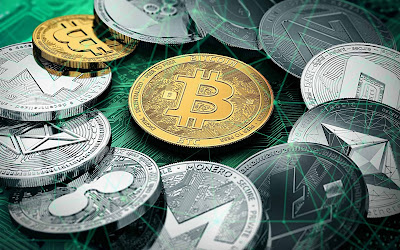
No comments:
Post a Comment